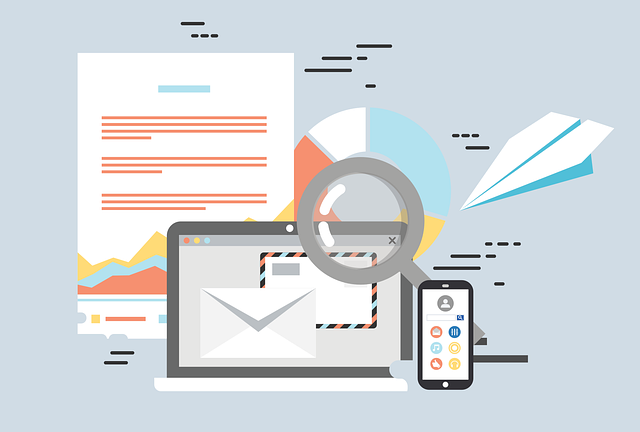AI marketing coaching is a game-changer in the automotive industry, helping dealerships personalize strategies using predictive analytics and trend analysis from data like online activities and purchase histories. This enhances customer understanding, drives effective campaigns, and boosts sales. Integrating AI strategically, such as through chatbots or predictive maintenance systems that minimize downtime, can revolutionize automotive businesses. Best practices include sentiment analysis and computer vision for advanced inventory management.
“Revolutionize your automotive business with AI marketing coaching—a game-changer in the digital era. This comprehensive guide explores strategic AI implementation, tailored for auto industry owners seeking new possibilities. From understanding AI’s marketing potential to practical integration tactics, we uncover best practices and case studies. Learn how to unlock your business’s true potential by harnessing AI technologies. Maximize efficiency, enhance customer experiences, and stay ahead in the competitive automotive landscape.”
- Understanding AI Marketing for Automotive Businesses: Unlocking New Possibilities
- Practical Strategies for Integrating AI into Your Automotive Business Operations
- Maximizing AI's Potential: Case Studies and Best Practices for Auto Industry Owners
Understanding AI Marketing for Automotive Businesses: Unlocking New Possibilities

In today’s digital era, AI marketing coaching has emerged as a game-changer for automotive businesses, unlocking new possibilities and enhancing customer engagement. By leveraging artificial intelligence, car dealerships and related services can personalize their marketing strategies to better target specific buyer personas. This includes tailored recommendations, predictive analytics on customer behavior, and efficient inventory management systems that optimize sales processes.
AI marketing coaches help automotive business owners navigate this complex landscape by providing strategic insights and tools. They enable dealers to dive into the vast amounts of data generated by online activities, social media interactions, and purchase histories, uncovering valuable trends and patterns. This not only helps in creating more effective advertising campaigns but also fosters a deeper understanding of customer needs and preferences, ultimately driving sales and fostering long-term relationships.
Practical Strategies for Integrating AI into Your Automotive Business Operations

Integrating Artificial Intelligence (AI) into your automotive business operations can seem daunting, but with a strategic approach, it becomes an empowering tool for growth and efficiency. Start by identifying specific areas where AI can make a significant impact—such as predictive maintenance, inventory management, or customer service through chatbots. These practical applications not only enhance operational effectiveness but also offer valuable insights that can inform marketing strategies.
For instance, leveraging AI analytics in your marketing coaching for automotive business owners can help tailor personalized customer experiences. By understanding driving patterns and vehicle usage data, you can create targeted campaigns that resonate with individual buyer preferences. This level of customization, enabled by AI, not only increases sales but also fosters stronger customer loyalty.
Maximizing AI's Potential: Case Studies and Best Practices for Auto Industry Owners

Maximizing AI’s potential in the auto industry requires a strategic approach. Automotive business owners can learn from case studies showcasing successful AI implementations, such as predictive maintenance systems that reduce downtime and increase vehicle lifespan. These technologies analyze sensor data to anticipate mechanical issues, enabling proactive repairs and enhancing customer satisfaction.
Additionally, AI marketing coaching has emerged as a valuable resource. By leveraging machine learning algorithms, auto businesses can personalize customer interactions, tailor marketing campaigns, and improve sales conversion rates. Best practices include integrating AI chatbots for round-the-clock customer support, utilizing natural language processing for sentiment analysis to gauge market trends, and employing computer vision for advanced inventory management and visual search capabilities.
AI implementation is no longer a consideration but a necessity for auto businesses aiming to stay competitive. By leveraging AI marketing strategies, such as personalized customer engagement and data-driven insights, automotive companies can unlock new growth opportunities. Integrating AI into operations streamlines processes, enhances efficiency, and provides valuable customer experiences. As demonstrated in case studies, automotive business owners who maximize AI’s potential gain a significant advantage in today’s digital market. For those seeking guidance, AI marketing coaching tailored to the auto industry offers practical strategies to navigate this transformative landscape.
